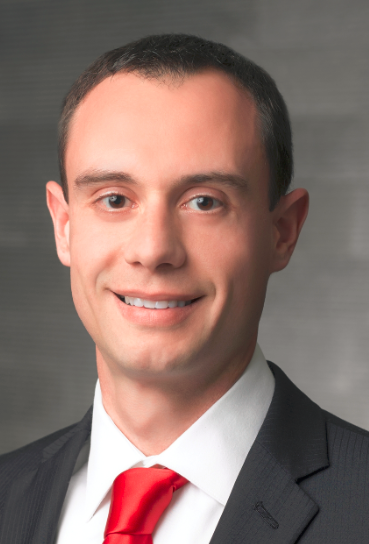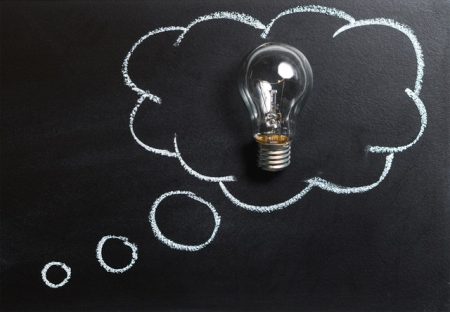A few years ago, I attended a two-day workshop that was led by Senn Delaney, the global leader of culture-shaping. During the program, we discussed the power of managing your emotional energy — a very important topic that many people never consider.
Up until that point of my life, I typically got irritated whenever someone did something that bothered me. My default response was to think, “I can’t believe they did that! What is wrong with this person?”
During the workshop, we learned a much healthier, more productive way to respond to interpersonal disappointments. Rather than being quick to assume negative intent by others, we learned the power of being curious.
With this approach, you slow down and ask yourself why the person might have acted how they did. You can also ask yourself if or how you might have actually contributed to the behavior that upset you.
Based on my experience since the workshop, you can almost always identify a reasonable explanation for another person’s behavior — if you suspend your judgment. When you are truly honest with yourself, you will also recognize how often you did something (or did not do something) that actually contributed to the actions that bothered you.
While this approach is a very effective way to respond to disappointments that involve other people, it might be even more powerful for bouncing back quickly after you disappoint yourself.
After personal setbacks with your habits, it can be natural to respond negatively with thoughts like, “I can’t believe I did that…. What is wrong with me? Why can’t I just follow-through? I don’t have any discipline or willpower.”
A stronger approach is to step back and be curious. Ask yourself this question: “How might my strategy have caused this setback, and what could I do differently next time to get a better result?”
A Specific Example
Let’s say that you have been trying to form the habit of exercising before work. Maybe the first day (or week) goes okay, but a few days (or weeks) later, you have a setback and you skip some scheduled workouts.
Rather than beating yourself up and labeling yourself as “lazy,” “undisciplined” or “not a morning person,” why not be curious? Maybe your strategy was flawed.
For example, maybe you were not getting enough quality sleep, and this left you exhausted and unmotivated to exercise in the morning. Or, maybe you stopped following through on your exercise sessions because you had been forcing yourself to endure workouts that you found very tedious or painful.
By getting to the real cause of your setback, you could bounce back quickly and create a better strategy for your next attempt. In this example, that might mean getting to bed earlier or trying a different kind of exercise.
Summary
Do not view setbacks as evidence that you lack discipline or that your goals are not possible. Instead, get curious and view setbacks as evidence that you might want to adjust your strategy. As Dr. Larry Senn (the founder of Senn Delaney) writes in The Mood Elevator; Take Charge of Your Feelings, Become A Better You, “When life throws you a curve, you can become angry, depressed, or defensive — or you can put your energy into learning from the situation and developing creative ways to comprehend and respond to it. This requires a curious mind. The ultimate outcome will vary, but you will always be further ahead if you begin with curiosity.”
Follow us on Facebook for all the latest news on how you can keep Thriving.
More from Thrive Global:
8 Things You Should Do After 8 P.M. If You Want to Be Happy and Successful
The One Relationship You’re Probably Ignoring
The One Word That Can Hurt Your Reputation at Work
P.S. Have you taken the free habits assessment at StrongerHabits.com?
This assessment measures your current habits in four key areas that impact your energy, your stress, and your performance. You can click here to take the assessment for free. It takes less than 3 minutes, and you get your results immediately. How strong are your habits?
About the author: Pete Leibman is the creator of StrongerHabits.com, the founder of Work Stronger Consulting, and the bestselling author of Work Stronger; Habits for More Energy, Less Stress, and Higher Performance at Work. His work has been featured on Fox News, CBS Radio, and CNNMoney.com.


